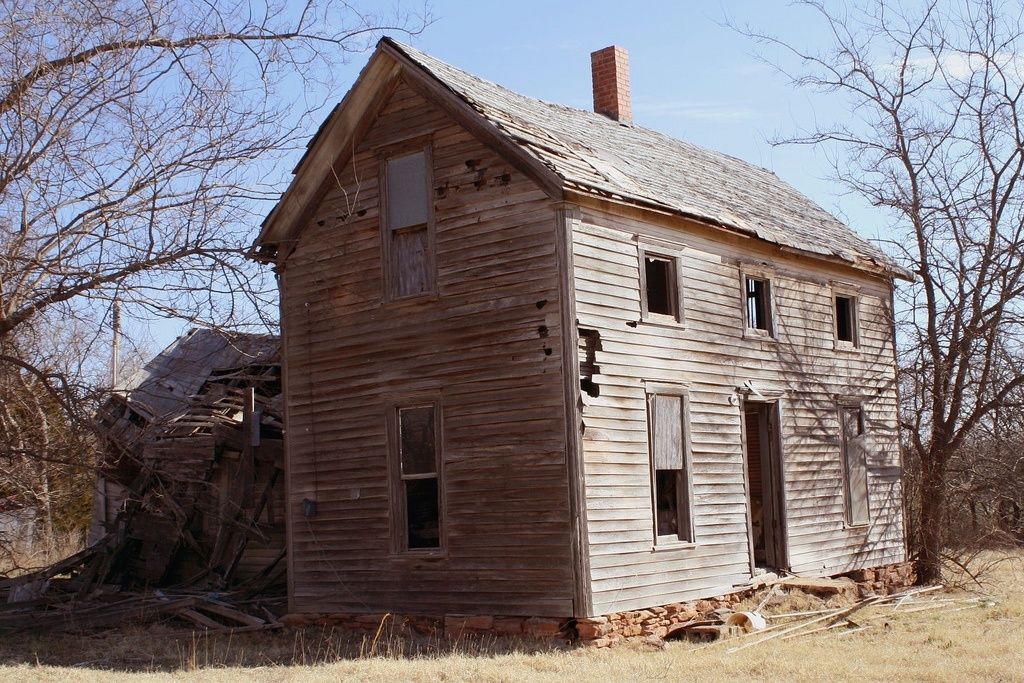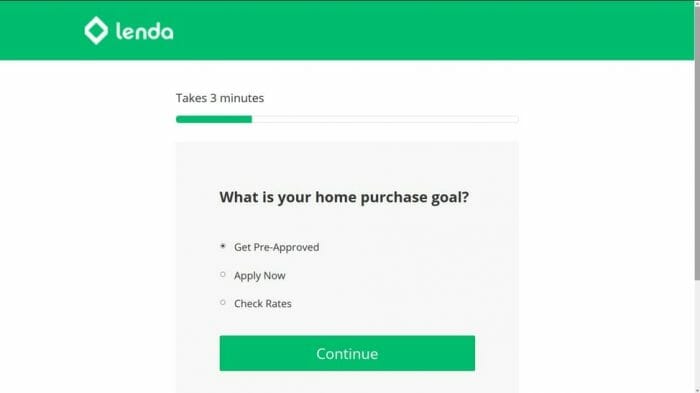Homeowners over the age of 62 have a unique option available for accessing cash. Reverse mortgages can help seniors access home equity without having to make monthly payments to repay a loan. When a qualifying homeowner has paid off a mortgage in full, or is very close to paying off a mortgage, a reverse mortgage (or home equity conversion mortgage) can turn the equity into cash through a payment plan. The reverse mortgage is repaid from the proceeds when the owner sells the house.
For seniors who have discovered their expenses are higher than what they’ve planned, a reverse mortgage can help pay the bills. Considering you can’t take your wealth with you when you die, there’s always a case for spending down your assets while you still have time to enjoy your life.
If those are two of the benefits to reverse mortgages, they may be easily overshadowed by the drawbacks.
- Reverse mortgages are expensive. Just like regular mortgages, you’ll have closing fees and points to pay. They’ll be rolled into the loan amount, so when you or your estate pays back the mortgage when the home is sold or when you die, you’ll owe more than the converted equity plus interest.
- You’ll be at the mercy of the market. Reverse mortgages have interest rates, just like regular mortgages. This interest will also add to the total you’ll need to repay the mortgage after the sale, and if this interest rate is higher than inflation, you’re losing more overall value.
- You might not qualify for Medicaid. The proceeds from a reverse mortgage increase your income. If you’ve been relying on Medicaid, you may no longer qualify.
The first point above, the fact that reverse mortgages are expensive, is an important point to consider. Here are some of the expenses associated with reverse mortgages:
- Mortgage insurance (2% of the appraised home value)
- Origination fee (up to $6,000)
- Title insurance
- Title, attorney, and county recording fees
- Real estate appraisal ($300–$500)
- Survey ($300–$500)
In order to qualify for a reverse mortgage, the U.S. Department of Housing and Urban Development (HUD) requires you to receive counseling, which helps borrowers understand the concepts of reverse mortgages and identifies the best lenders.
Wells Fargo and Bank of America have recently exited the reverse mortgage business. They say that HUD requirements go to far to limit lender’s profitability, but in all likelihood, lenders are having a harder time making money from reverse mortgages — which were very profitable during the height of the real estate market — now that home prices are low. Reverse mortgages, like traditional mortgages, are packaged and sold to investors, and if lenders are having a difficult time finding investors for these securities, they’ll stop doing business.
While Wells Fargo and Bank of America are no longer offering reverse mortgages, MetLife is increasing its reverse mortgage business.
Due to the high fees, most reverse mortgages are seen as predatory products. I can understand the appeal of getting access to cash locked away in home equity, but it comes at a high price. Many people argue that you can’t be buried with your wealth, but there are ways to make it work for you after your die if selling your house is not appealing while you’re still alive.
Photo: Warren Brown Photography
,





